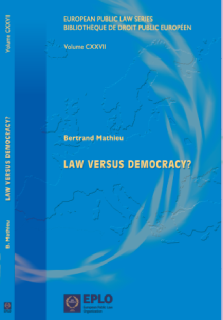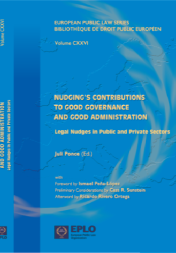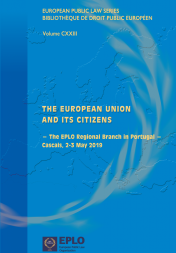
Bertrand Mathieu, Law versus Democracy?, (transl.), European Public Law Series / Bibliothèque de Droit Public Européen, vol. CXXVII, European Public Law Organization (EPLO), Athens, 204 pp., 2023, ISSN: 2308-8648, ISBN: 978-618-5417-14-7
While law is inseparable from the construction of democracy, to such an extent that democracy and the rule of law are confused, the main idea of this book is to show that law can also stand against democracy. The figure of a people inscribed within borders and sharing a common destiny has been inseparable from the construction of a democratic system. These constitutive elements of the State crumble. The existence of non-state legal systems obeying other legitimacies, the development of individualism and communitarianism, the degradation of fundamental rights into moralism, the weakening of the political power, challenged, in particular, by the power of judges, the loss of the effectiveness of the concept of general interest, the challenges of radical and political Islamism, are threats of disaggregation. If liberal democracy, which has been a Western model of government, is worthy of being saved, it is necessary to clarify the competences of the States and to empower the People again with the tools that allow them to express themselves. The French edition of this book has also been translated into Hungarian, Russian and Spanish.
Bertrand Mathieu is Professor at the Sorbonne Law School - Paris 1 University, President Emeritus of the French Association of Constitutional Law, and a member of the Venice Commission (Council of Europe). He is former senior member of the French Council of State and former member of the French High Council of the Judiciary and of various commissions responsible for preparing the reform of the French Constitution. Bertrand Mathieu is member of the Board of Directors of the European Public Law Organization. He is Doctor honoris causa of the University of Szeged (Hungary). He is the author of numerous books and articles on constitutional law and on fundamental rights, among which: Constitution: Rien ne bouge et tout change, Lextenso, 2013; Justice et politique: La déchirure?, Lextenso 2015; Droit constitutionnel et Institutions politiques, LGDJ, 2022.
Contents
Introduction: The Crisis of the European Model of Liberal Democracy
Conclusion: Saving Liberal Democracy?





















